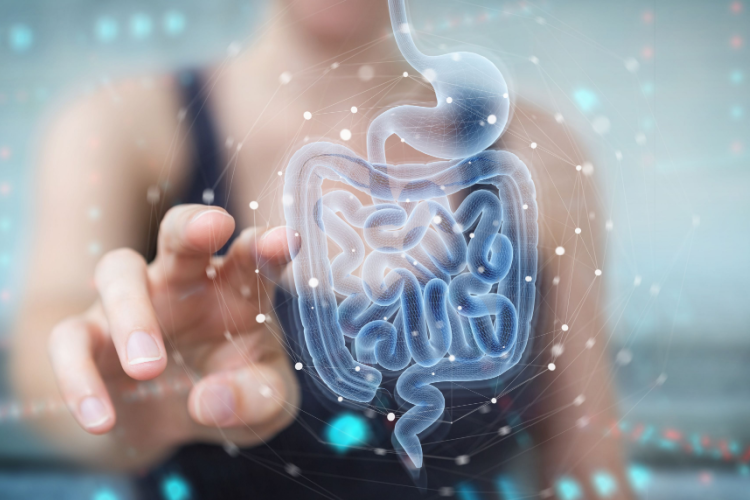How Gut Bacteria Can Affect Your Mood And Behavior
While your mood and behavior can be heavily influenced by hormones and mental health issues, the bacteria in your gut might affect it as well. One study found possible links between the mood and behavior of rats and certain strains of bacteria in their gut. Here are some of the study findings, and a few ways you can get on top of your gut health and improve its function.

Gut Health and Rats
The study split the test rats into two different groups. One of the groups of rats were placed in a calm and relaxing conditions, while the other group was placed among aggressive rats to get them aggravated. The rats in the latter group were classified as either strong and adaptable or helpless and submissive. This classification was based on how long it took for the rats to submit to the aggressive ones. After days of constant conflict, researchers took fecal samples from the rats to analyze the gut bacteria of both groups.
It was found that the rats in the stressful environment had less Bacteroidetes than the rats placed in the calm environment. They also had more Bacillus, Clostridium, and Actinobacterium strains in their samples.
The researchers continued their study by transplanting the gut bacteria of the aggressive rat group into the non-conflict rats, to see if their behaviors changed. The team found that the rats who received the transplants began showing signs of depression.

Gut Health and Humans
Even though this study and its findings focus on groups of rats, it does offer some insight into how humans might have a similar experience.
One of the quickest ways to potentially boost your gut biome is by cutting out sugar. Some yeasts and bad bacteria ferment sugar and convert it to fuel, which can create imbalances like Candida and small intestinal bacterial overgrowth. These imbalances can provoke inflammation that could be damaging to the brain. A high-sugar diet hindered new brain cell growth in rats.
Here are a few food options containing the necessary fuel for good bacteria. These foods can also support a balanced and strong gut.

Foods to Try
– Coffee. Some coffees contain antimicrobial components, like polyphenols, that power good bacteria and subdue bad ones.
– Coconut oil. Coconut oil can function as an antiviral, antibacterial, and anti-fungal.
– Butyrate. Grass-fed butter and grass-fed ghee are full of this component, which becomes a fatty acid and fuels good bacteria.
– Resistant starch. Though it may cause indigestion in some people, it can provide fuel for good bacteria. Resistant starch can be found in plantain starch and raw potato starch.
– Green vegetables. Green vegetables are not only high in fiber but also feed good bacteria. Broccoli, for example, contains components that help in the growth of new brain cells.
– Prebiotic fiber. Raw asparagus, raw jicama, underripe bananas, artichoke syrup, and Jerusalem contain prebiotic fiber. This fiber feeds good bacteria and can be more beneficial than taking prebiotics.
Something you can do that could be super beneficial to your mental and physical health is to find out if you have a leaky gut. This happens when your gut has overgrowths and can weaken certain areas of your intestinal walls.
While studies are still being conducted, changes in diet and the incorporation of powerful foods could have the quickest and most significant impact on your gut health. It could be worth looking into your gut health and addressing any issues you might have to get your gut health in order. Your brain might thank you later for it.
